9 Unconventional Pets for Your Home: Which One Fits Your Lifestyle?
Advertisement
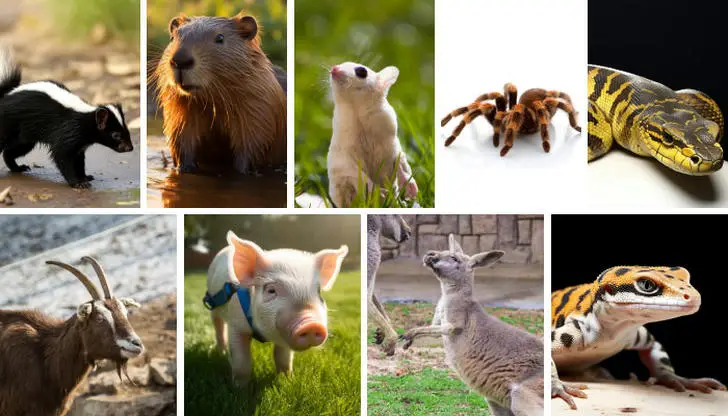
Fascinated by the unconventional? Educate yourself about these unique domesticated companions before welcoming one into your home!
Picture this scenario — you host a dinner gathering, and as you swing open the door, your guests are greeted by a skunk, sugar glider, or bearded dragon! While the idea of owning and showcasing unusual pets can be thrilling and trendy, it's crucial to grasp the responsibilities of proper care. Moreover, regulations regarding exotic pet ownership can vary from one location to another, so thorough research is imperative.
Below are a few examples of popular exotic pets, along with details on their costs and care requirements:
1. Potbellied Pig
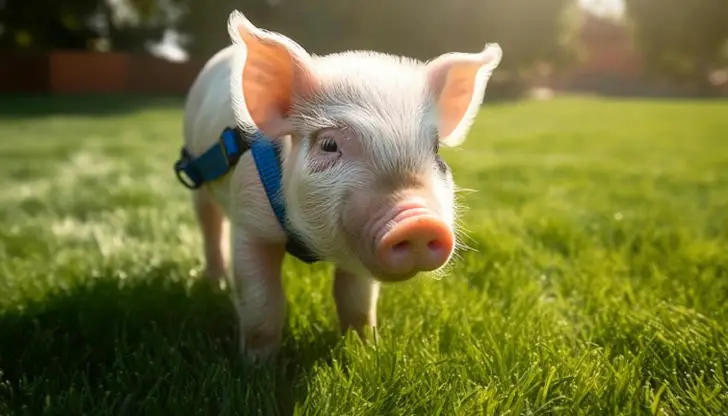
If you desire a clever pet capable of learning tricks, using a litter box, and exhibiting affection akin to a dog, then a potbellied pig might be the perfect companion for you. Upon reaching full maturity, these pigs can weigh up to 125 pounds and live for as long as 20 years, thus requiring adequate space and commitment. Potbellied pigs have diverse dietary preferences and are generally not selective eaters.
However, due to their natural inclination to root for food, they may require firm training to deter them from rummaging through garbage cans. It's essential to invest ample time in early training to mitigate any potential aggressive behaviors. If you opt to bring one into your home, ensure to obtain it from a reputable breeder, as the cost of a potbellied pig can range up to $600.
2. Wallaroo
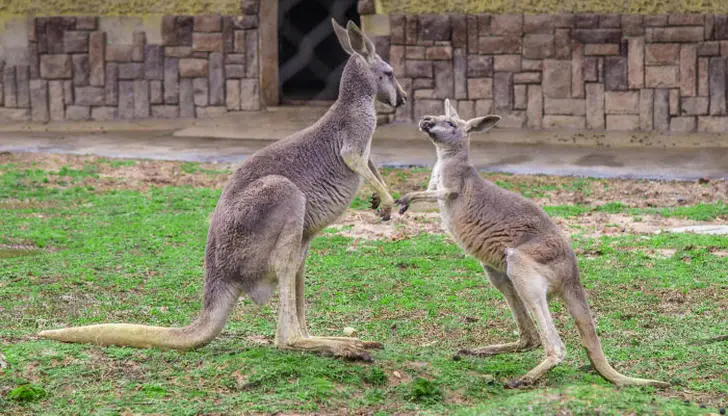
Resembling a kangaroo, the wallaroo is a miniature version that demands significantly less space and maintenance compared to its full-sized counterpart. Indigenous to Australia, these creatures have an average lifespan of up to 19 years, measuring up to 56 inches in length and weighing up to 100 pounds. Wallaroos primarily consume grasses and shrubs, which may prove challenging to procure, and necessitate a designated area for jumping, ideally a spacious yard enclosed by a fence standing at least 6 feet tall. The cost of a wallaroo ranges between $1,000 and $4,000, with additional expenses for specialty foods, grasses, and shrubs averaging around $300 per month.
3. Bearded Dragon
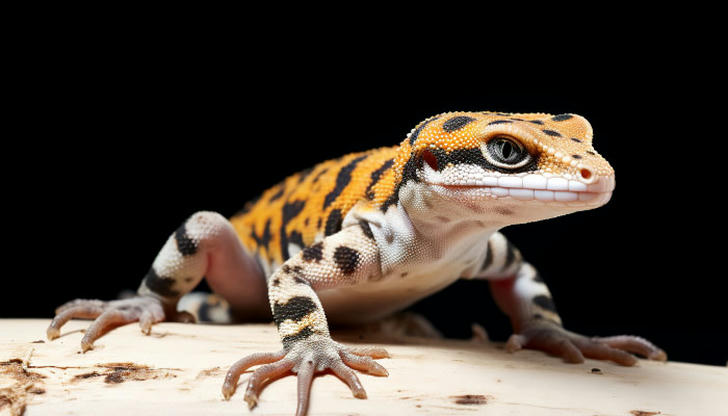
If you're seeking a pet that brings laughter into your life regularly, consider adopting a bearded dragon. These "Beardies" have a knack for sitting upright, displaying human-like expressions, and occasionally bestowing kisses. However, the initial setup can be costly, as bearded dragons necessitate specialized heat lamps, flooring, perches, and thermometers. Their diet consists primarily of crickets, which are readily available for purchase at pet stores. The dragons themselves range in price from $50 to $75 for juveniles to approximately $100 for adults, and they can thrive for up to 10 years in captivity.
4. Capybara
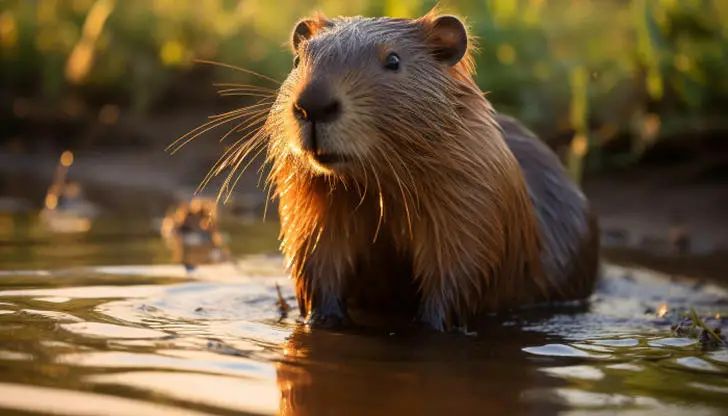
Have you ever imagined owning a rodent as large as a dog? Meet the capybara, standing at approximately two feet tall and weighing up to 150 pounds, it holds the title of the world's largest rodent. While native to the forests of South America, domesticated capybaras can be kept as pets for around $500 to $1,100. However, it's important to note that capybaras have a tendency to mark their territory as a familial greeting and can deliver a powerful bite if they feel threatened.
5. Sugar Glider
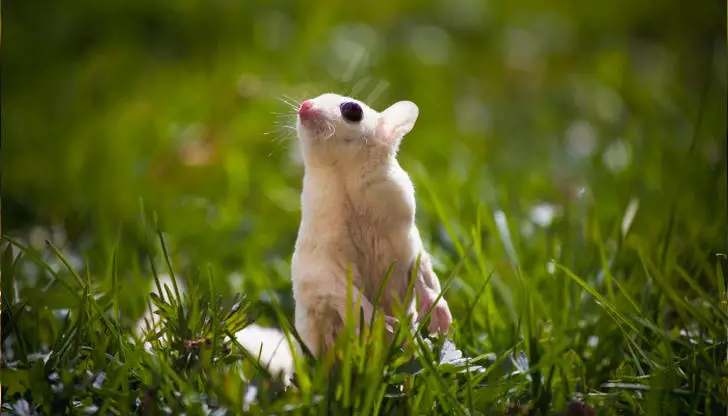
If you have ample space and time to dedicate, a sugar glider could become your cherished companion. With a lifespan of up to 15 years and weighing less than half a pound, these small marsupials require room to jump and glide, but their cage only needs to be around 3 feet square. Sugar gliders form emotional bonds with their owners, much like dogs, and they become attached to your scent. Therefore, spending significant time with your glider while she's young is crucial for taming her. The cost of a sugar glider can reach up to $150, and they require a steady and varied diet comprising fruits, vegetables, insects, eggs, and dry pet food.
6. Tarantula
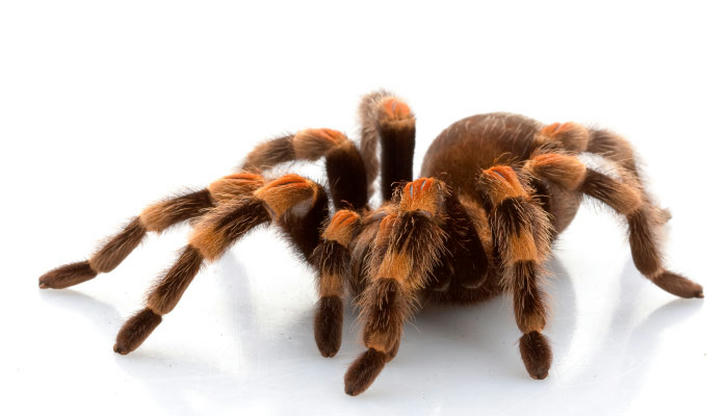
Are you intrigued by the idea of owning a massive spider? If so, you might find owning a tarantula appealing! Tarantulas can be housed in a 10-gallon terrarium, where you'll need to set up a heating pad and maintain both dry and wet sides to regulate humidity levels. The cost of a tarantula ranges from $15 to $40, and they can grow up to 6 inches in length. Male tarantulas typically live for up to 5 years, while females can live for as long as 20 years. As carnivores, tarantulas feed on a diet consisting of crickets, wax worms, cockroaches, and mealworms, which you'll need to keep readily available.
7. Boa Constrictor
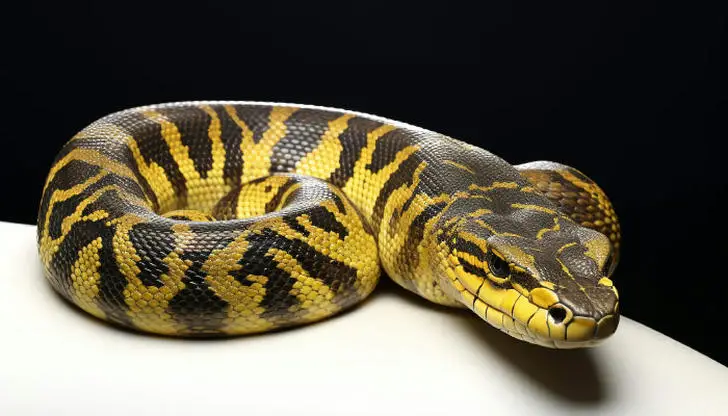
If you're considering owning a boa constrictor, it's essential to acquire one that is accustomed to human interaction. Boas have a lifespan of up to 30 years and can grow as long as 13 feet. These pets require larger prey such as live mice and frogs, which they constrict or squeeze to kill.
Boas can be priced between $60 and $200 and should be housed in a warm terrarium with a hot spot reaching approximately 90 degrees Fahrenheit. Given their size, the tank should ideally measure between 6 and 8 feet long, which may occupy a significant amount of space in your living room.
8. Pygmy Goat
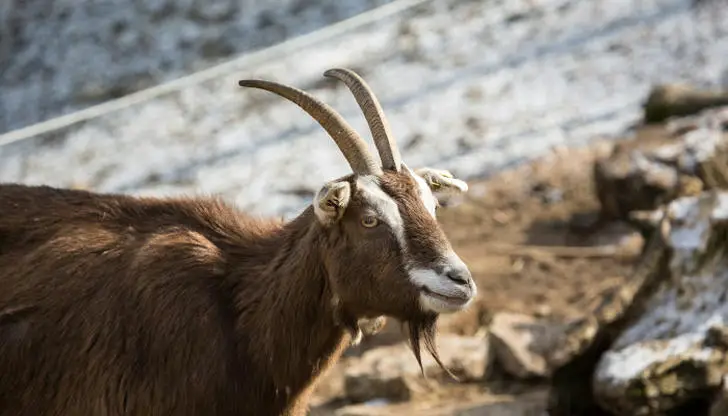
With their expressive faces and vocalizations, pygmy goats can be wonderful companion animals. Smaller in size compared to other goat breeds, pygmies typically reach heights of around 22 inches and can weigh up to 35 pounds. To care for them properly, you'll need to construct a fenced-in outdoor shelter, allocating at least 20 square feet per goat, and provide fresh hay or straw for bedding. Given their playful nature, it's beneficial to incorporate climbing structures such as strategically placed boulders. While setting up their environment may seem labor-intensive, once established, your pygmy goats can help maintain your lawn and even provide you with fresh milk!
9. Skunk
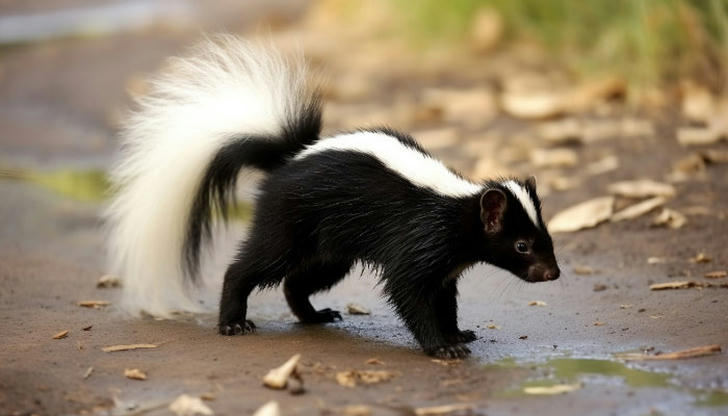
You may be accustomed to the recognizable scent of a skunk, but did you know that it's possible to have one as a pet? Unlike their wild counterparts, pet skunks have their scent glands removed by a veterinarian at 4 weeks old, eliminating the characteristic odor. With prices ranging from $150 to $500, pet skunks are known to be highly entertaining companions. In captivity, skunks can live up to 15 years and enjoy a diet consisting of plants, insects, worms, eggs, and rodents. They typically weigh up to 18 pounds.



